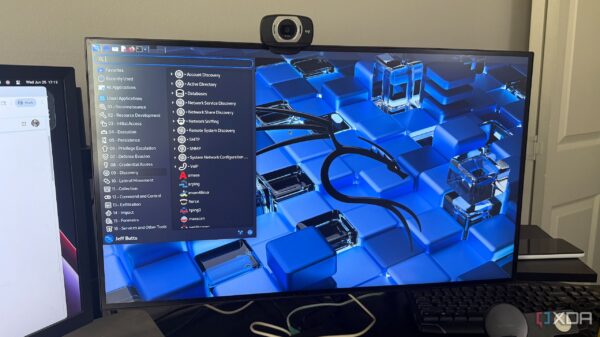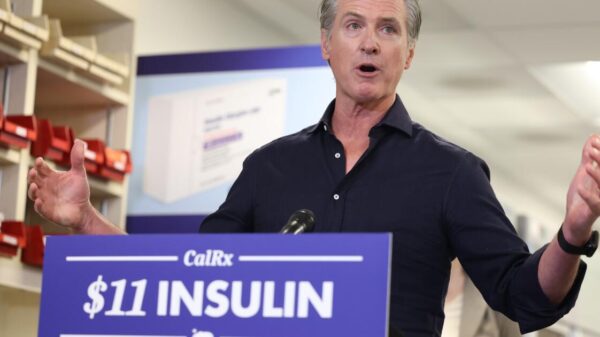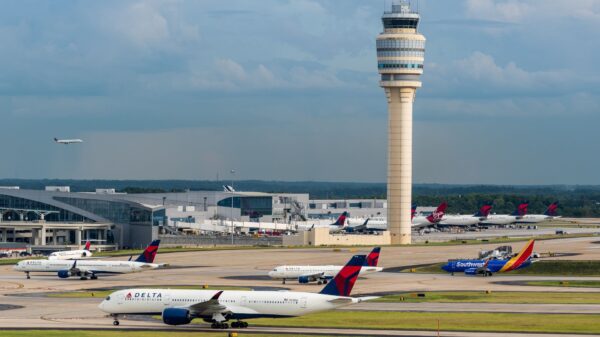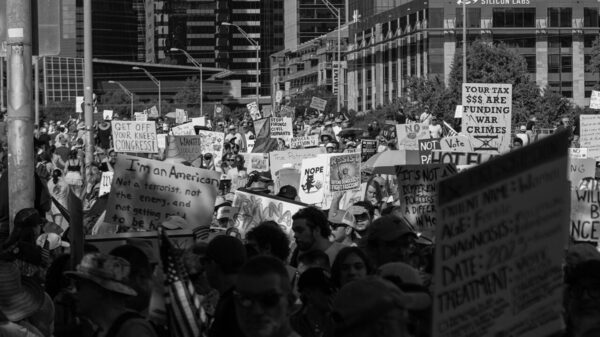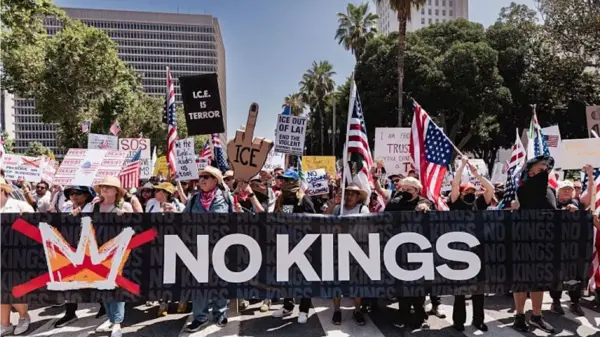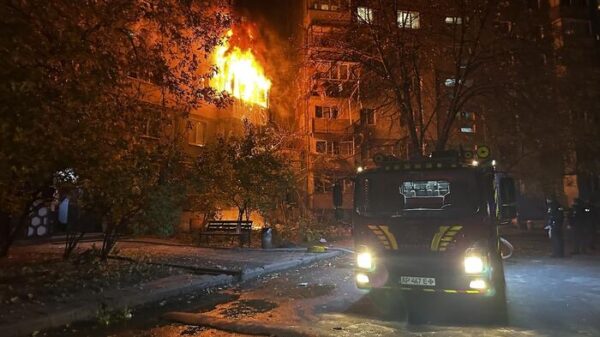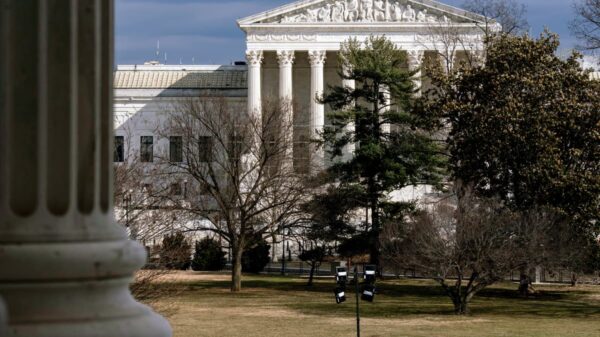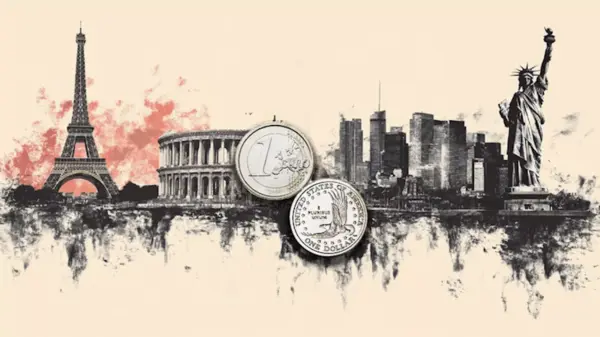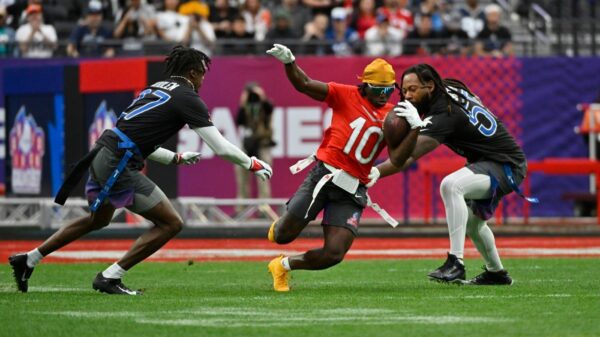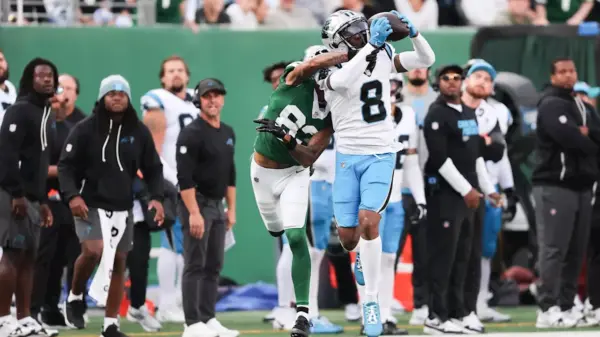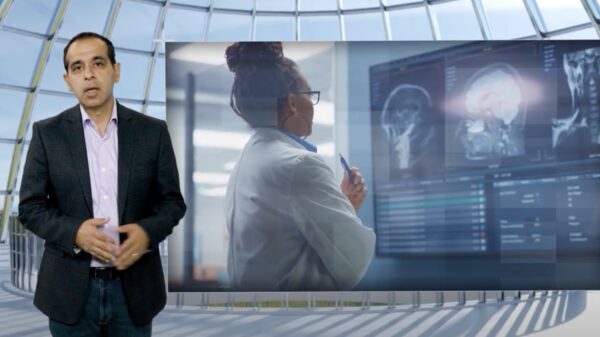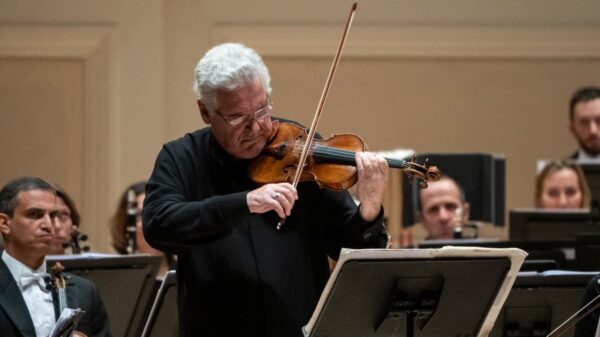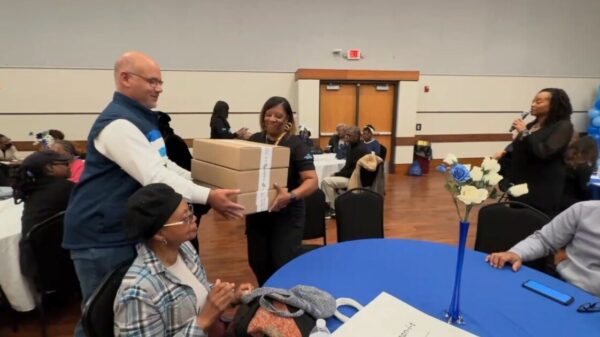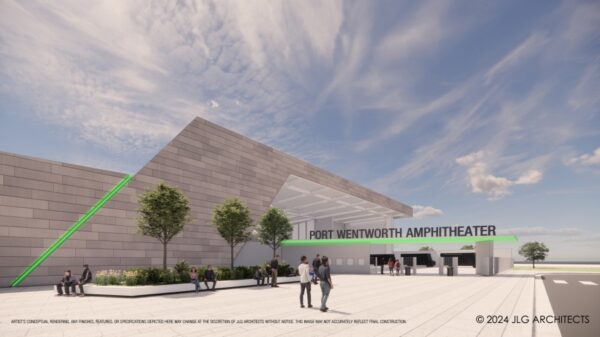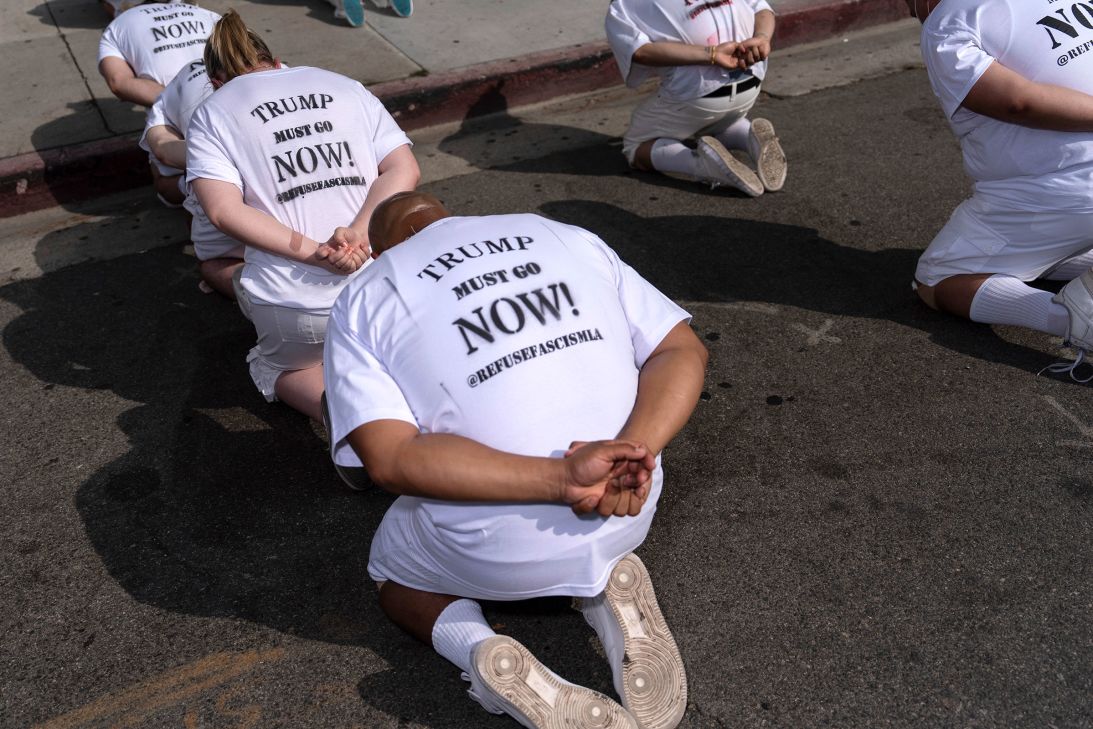UPDATE: The Supreme Court has just cleared the way for law enforcement to use a person’s ethnicity as a factor in immigration stops, intensifying fears among legal immigrants. This urgent ruling has left many, including Cesar, a green card holder and student at Georgetown University, feeling anxious and vulnerable.
Cesar stated, “Now I have to carry it all the time. And that is very scary.” The concerns arise after the court’s decision on September 8 allows the Trump administration to conduct what critics label “roving” immigration patrols, particularly in California. This ruling is viewed as a significant endorsement of racial profiling, with advocates fearing it will lead to arbitrary detentions based on appearance or language.
The court’s conservative majority rejected lower court rulings that had previously limited immigration stops based solely on ethnicity, language, or location. This decision effectively green-lights similar practices nationwide, particularly in cities like Chicago, Washington, DC, and Boston, where immigration enforcement is already surging.
Jennifer Bade, a Boston-based immigration attorney, expressed deep concern: “This is going to affect everyone, no matter whether they are an immigrant that’s documented or undocumented, or whether it’s somebody that’s a citizen.” She emphasized that the ruling transforms the country into a “show-your-papers” nation, where mere appearance can make individuals targets for law enforcement.
In response to the ruling, the Department of Homeland Security praised the decision as a victory for public safety. Spokesperson Tricia McLaughlin stated that law enforcement will continue to focus on arresting criminals, but many immigrants and advocates fear the broad implications of this approach.
Andrea, a Venezuelan resident in Washington, DC, described the heightened anxiety among community members. “It makes race itself, speaking Spanish, or looking Hispanic like a pretext for suspicion,” she warned. The fear is palpable, leading many to change their behavior. Andrea noted, “We made it a point not to speak Spanish” while out in public, reflecting the chilling effect of the ruling.
The Supreme Court’s decision did not provide substantial analysis, but Justice Brett Kavanaugh wrote in a concurring opinion that ethnicity could be a “relevant factor” in immigration stops. This raises alarms among those who fear that such justifications could lead to racial profiling becoming normalized.
Francisco Moreno, executive director of the Council of Mexican Federations in North America, highlighted the personal impact of these changes. “I’m a US citizen and I carry my citizenship card because I don’t know if they’re going to stop me,” he said, underscoring the anxiety felt by many in similar positions.
As the implications of this ruling unfold, immigrants and advocates are bracing for potential abuses and a surge in unwarranted stops. The fear of being wrongfully questioned or detained based on appearance has transformed everyday life for many, leading to urgent calls for action and awareness.
This situation remains fluid, with community advocates urging individuals to remain vigilant. The ongoing developments surrounding immigration enforcement and racial profiling will be closely monitored in the coming days, as the effects of this Supreme Court ruling ripple throughout the nation.



